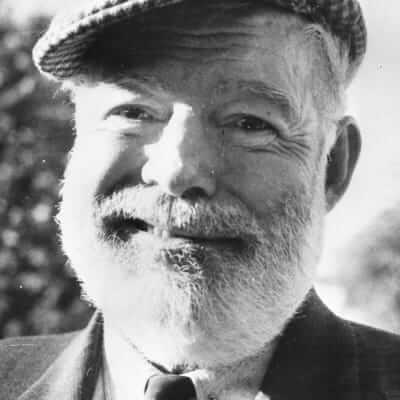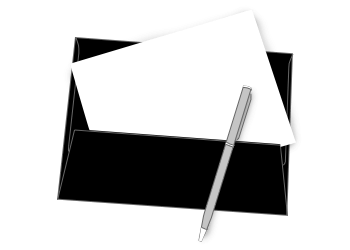You’ve Got the Time
“I don't have time to read books” is a common refrain from those out of practice. But everyone has enough time to read a few pages here and there. At that pace, a book may take you a few months—although, if you're reading the right book, one that you connect with and holds your attention, it will inevitably speed up. Reading works best when you see or hear about a story and your brain fires up that unquenchable thought, “I want to know more about that.” And it just gets easier the more you read. Carry your book with you wherever you go, and dig into it when you've got spare time instead of scrolling through social media.
It Sharpens Your Mind
If your mind is tool, then like most tools, it needs to be sharpened and strengthened. Reading does just that. It's been scientifically proven that just like consistent cardio workouts improve your overall fitness, reading regularly strengthens memory function by boosting brain power. That's because reading is more demanding on the mind than processing images or talking. In short: it takes more concentration. “We are forced to construct, to produce narrative, to imagine,” says Maryanne Wolf, director of the Center for Reading and Language Research at Tufts University and author of Proust and the Squid: The Story and Science of the Reading Brain. “Typically, when you read, you have more time to think. Reading gives you a unique pause button for comprehension.”
It Softens Your Heart
It's rare that we're able to pinpoint the moment when our personality changes and our points of view evolve, but reading (especially fiction) helps us do just that. When you read a book, your attention becomes acutely focused on the story. This is why it's preferable to read before bed, because it helps you let go of the day's worries. Stress levels are shown to be reduced by up to 68% and distractions tend to fall away as you become immersed in the details of your book. What's more, fiction has the power to improve your empathy and open closed minds. “If we engage with characters who are nuanced, unpredictable, and difficult to understand,” says David Kidd, PhD who studied reading's effect on empathy at Harvard. “Then I think we're more likely to approach people in the real world with an interest and humility necessary for dealing with complex individuals.”
Readers Live Longer
Something good to keep in mind when you're feeling like you'd rather binge watch than crack a book: Turning a few pages a day has been shown to extend your lifespan. Researchers at Yale University followed thousands of adults over the age of 50 for 12 years. They found that those who read books for 30 minutes a day lived about two years longer than those who didn't. Participants who read more than 3.5 hours per week were 23% less likely to die, while those who read less than 3.5 hours per week were 17% less likely to die. The authors of the study summed it up best: “The benefits of reading books include a longer life in which to read them.”
Books are Conversation Starters
Just carrying around a book can often lead to conversations—people who are curious about the title, others who have read it and want to share their thoughts. Someone might stop you while you're flipping pages and ask you, “what are you reading?” People don't ask us about what you're looking at on your phone (nor should they). But reading can also teach you historical politics and cultures, far-flung customs or obscure scientific theories. Often these facts and lessons are set within a context of a story, making history easy to recall and talk about with confidence. And since reading naturally increases your vocabulary, you're able to articulate your point eloquently as well.


































